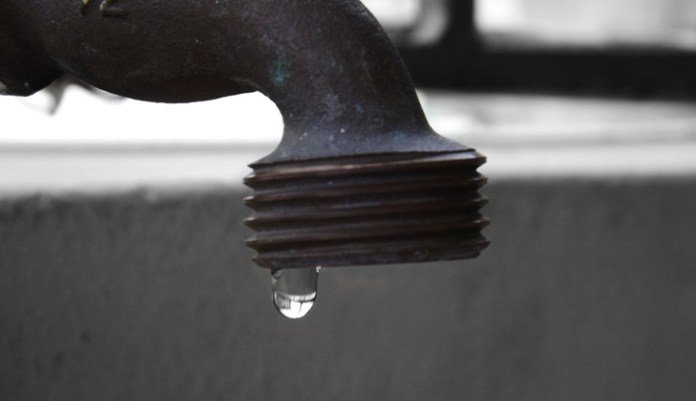Harare runs dry as money for water treatment vanishes

Water taps run dry in Bulawayo
Harare City Council could have been prejudiced of US$816 000 by a water treatment chemicals supplier, Nanotech Water Solutions, that only acquitted US$252 000 from US$1,1 million availed from Devolution Funds to improve the city’s water purification.
Since last October, the Ministry of Local Government and Public Works has been requesting acquittals for money disbursed by the Reserve Bank of Zimbabwe (RBZ) to cover the mobilisation, installation of equipment, supply, delivery and dosing of precursor chemicals of the first phase of the project.
The issue has since been referred to the Zimbabwe Anti-Corruption Commission, amid fears that public funds could have been misappropriated.
With acute water shortages bedevilling the city, stakeholders have blasted council for failing to prioritise basic service delivery.
According to a letter dated October 2, 2023 from the Ministry of Local Government and Public Works to Harare town clerk, Hosiah Chisango, the acquittals were supposed to be done within four days of receipt of the correspondence.
The letter states that during the first quarter of 2023, City of Harare embarked on a project to generate chlorine dioxide on-site as an efficient powerful disinfection agent for sustainable potable water production at Morton Jaffray Water Treatment plant.
“To that effect, the Reserve Bank of Zimbabwe disbursed US$1 100 000 in December 2022 to cover mobilisation, installation of equipment, supply, delivery and dosing of precursor chemicals for the 1st Phase of the project.
“This project is earmarked for funding under the Devolution portfolio and in this regard, the Ministry is requesting acquittals on how these funds were utilised. The submission of these documents should be no later than Friday 6 October 2023,” reads the letter.
The Herald is in possession of documents which show that out of the US$1,1 million from Devolution funds, only US$252 313, 16 was acquitted, with the outstanding being US$815 686,84.
According to Environmental Management Committee minutes dated July 15, 2024, council resolved to terminate the Nanotech contract.
Further, Audit committee minutes dated August 15, 2024 agreed to recommend to the council that the matter be referred to ZACC due to irregularities noted in the performance of the contract.
Among the irregularities are the failure by Nanotech to acquit receipts of US$1.1 million.
The company also did not fulfil its end of the agreement by failing to bring equipment and chemicals to Morton Jaffray within three months.
The committee also noted that in terms of the exchange control regulations, Nanotech Water Solutions still has to acquit receipts for the money advanced by the RBZ.
According to the same Audit committee minutes, by failing to acquit receipts of the advanced money, Nanotech violated exchange control regulations.
The Public Procurement and Disposal of Public Assets Act [Chapter 22:23] was also breached as there are irregularities in contract performance and contract variation without addendum.
In addition, Nanotech could also have contravened the Urban Councils Act [Chapter 29:15] in terms of breaches of contract terms, failure to perform, and potential corruption.
Speaking during a tour of Morton Jaffray Water Treatment Plant on Tuesday, residents took a swipe at Harare City Council, advising it to stop blaming ratepayers for its failure to provide essential services, but instead work towards addressing corruption in the local authority.
Zimbabwe National Organisation of Associations and Residents Trust chairman Mr Shalvar Chikomba said council officials were sleeping on duty.
“Council is constantly blaming ratepayers for things they are supposed to be doing,” he said.
“Despite us paying our rates, what has been done to ensure that our water pipes are upgraded?”
Minister of State for Harare Metropolitan Province Charles Tavengwa also said people needed reassurance from the council that tap water was safe to drink.
“During the early days of the operationalisation of the Morton Jaffray Water Treatment plant, Government and council officials used to drink from the plant to demonstrate that the water here was safe to drink,” he said.







